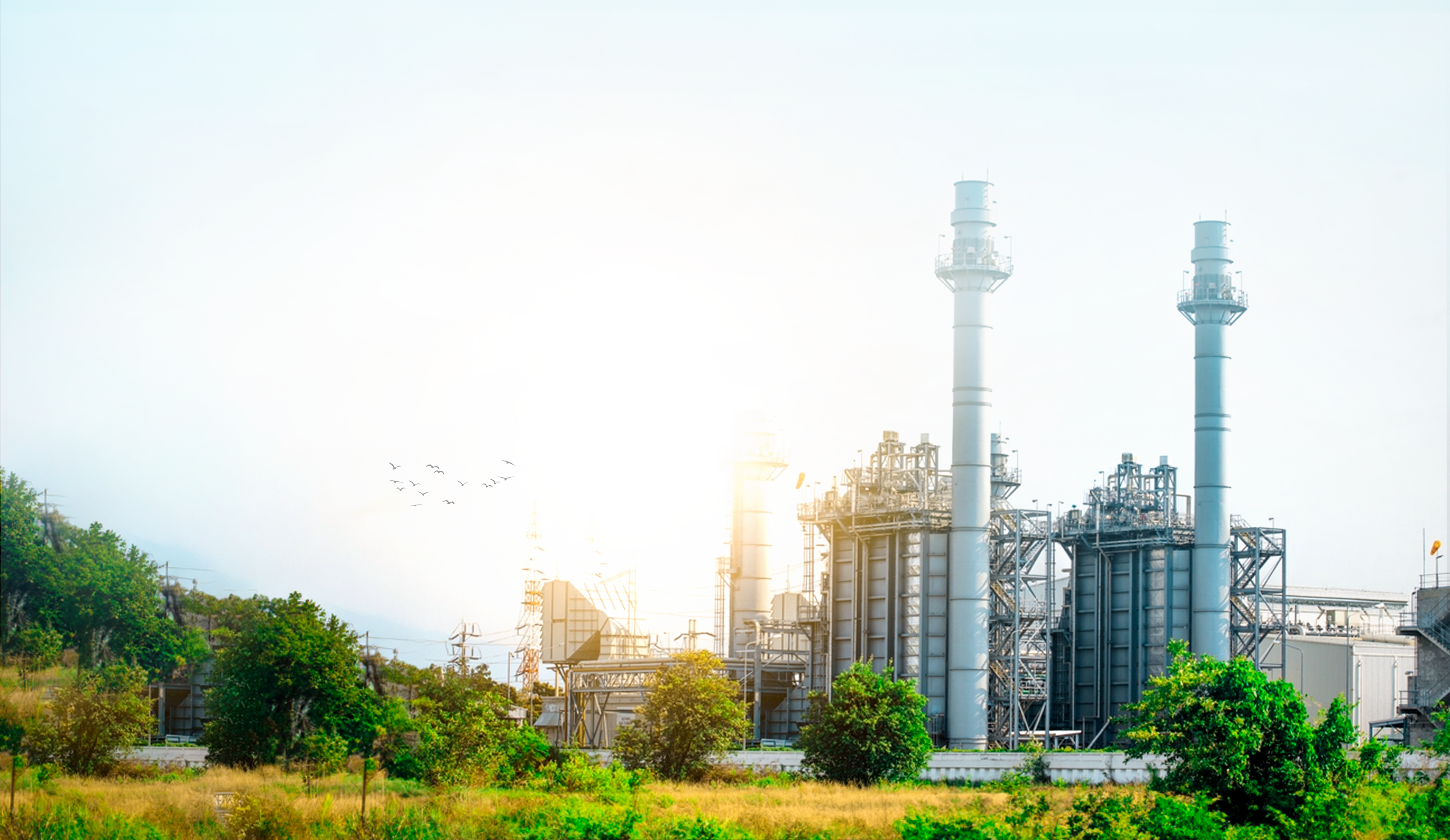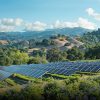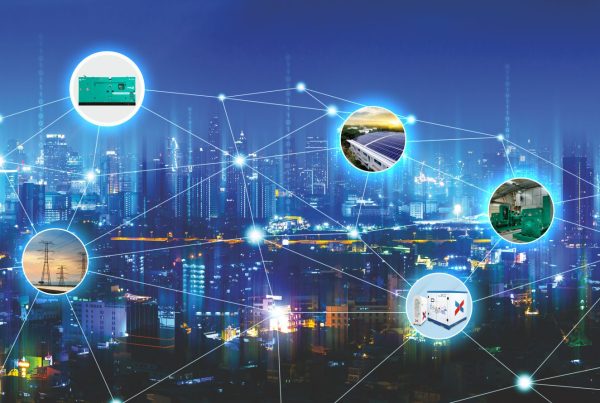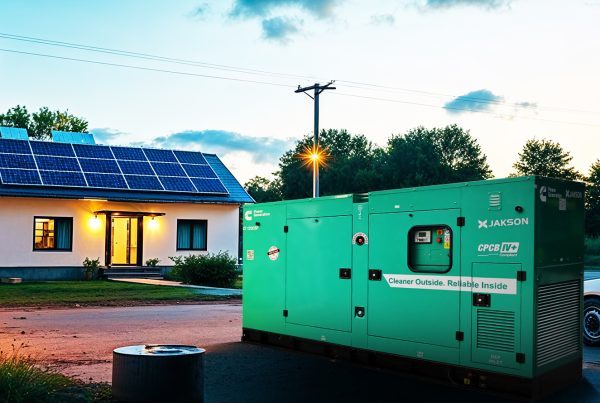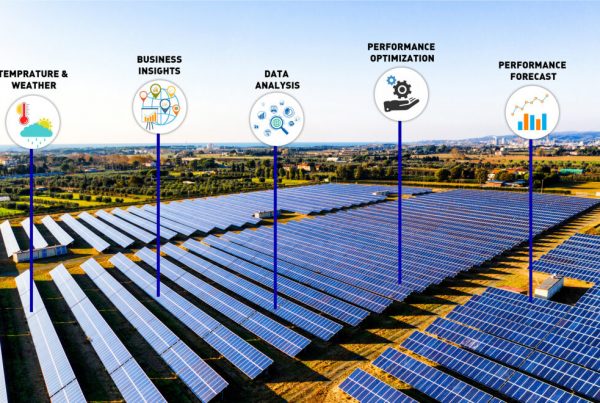The infrastructure sector holds a substantial share in increasing carbon footprints and greenhouse gas emissions. Several applications, including material production, land clearance, motor emissions, demolition, coal combustion, and using fossil fuels such as natural gas, oil, and chemical solvents, all pose a significant environmental risk.
Despite such negative consequences, the sector indicates a potential future due to a prominent phenomenon of transitioning construction toward a sustainable future. Modern contractors are adopting measures that encourage sustainable construction with green construction projects that focus on the following principles:
● Carbon footprint reduction
● Conserving water and energy
● Optimizing resource efficiency
More importantly, a common misconception is that sustainable construction requires significant investments and severe alterations. Contrary to this belief, eco-friendly infrastructure is an economical alternative requiring 14% to 19% less expenditure with a higher return on investment potential.
So today, we will understand how modern contractors are embracing sustainable construction with a focus on carbon footprint reduction in the most unthinkable ways. Additionally, we will introduce you to a revolutionary phenomenon that will shift your perspective and rethink the constructional approach.
Carbon Footprint Reduction with Sustainable Construction
Water Conservation
To foster sustainable construction, installing fixtures and systems such as low-flow toilets and sensor-based faucets effectively helps reduce water usage and wastage. Moreover, implementing rainwater collection and greywater recycling technologies aids in resource-saving and promoting eco-friendly infrastructure.
Sustainable Materials
Green construction projects optimize sustainable materials such as recycled and reclaimed wood, modular construction, and just-in-time supply. Moreover, prioritizing efficient trash management helps minimize landfill waste for more sustainable urban development.
Some common waste management strategies include optimizing recycling material, smart content usage and reducing resource consumption.
Energy Efficiency
Sustainable construction promotes improved insulation in heating, ventilation and air conditioning (HVAC) systems, incorporating intelligent energy management technologies and using technical software to monitor energy usage. Real-time monitoring helps improve and achieve sustainable urban development.
Furthermore, choosing an eco-friendly supplier and contractor is essential for obtaining eco-friendly infrastructure. One concern that organizations tend to ignore is SCOPE III emissions, as they are not directly linked to the company’s operations. But it has substantial business benefits and the potential to prevent the worst impacts of climate change. Organizations can reduce it by adopting sustainable supply chains through the entire life cycle of products and services.
Solar Power
Implementing solar energy for clean and renewable nature has been one efficient practice in modern construction methodologies, particularly in India. Solar panel installations, including inverters and batteries, are one economical alternative promoting carbon footprint reduction. In particular, integrating solar rooftop solutions allows electricity to be generated at or near the point of consumption. It reduces the need for extensive new grid infrastructure and transmission losses associated with centralized power generation. On the other hand, if one has access to a well-established grid structure, one can purchase solar energy through Open access mode for more significant energy consumption at the site.
Implementing EPC Contractors
Engineering Procurement and Engineering (EPC) contractors manage everything from design to effective project execution, adhering to regulatory laws and scalability, contributing toward sustainable urban development.
So far, EPC contractors have implemented sustainable construction with projects including:
● Solar power plants
● Rural electrification
● Substations
● Building electrification
● Metro rail electrification
As eco-friendly infrastructure pioneers, we at Jakson have a broad spectrum of EPC services from design to execution. Our proven record of sustainable urban development with modern construction methodologies includes:
● Designing sustainable construction
● Cost estimation for sustainable construction
● Safety planning with feasibility studies in green construction projects
● Raw material purchase with quality controls for carbon footprint reduction
● Workforce management and equipment supply for comprehensive sustainable construction
● Civil works for green construction projects
● Commissioning and maintenance of eco-friendly infrastructure
Such comprehensive adoption of sustainable construction has landed India second on the United States Green Building Council’s rating for the most sustainable building design, construction and operation. It highlights the role of EPC contractors in creating green construction modules that propelled India to the forefront of sustainable construction.
The vision of a complete sustainable urban development is now a distant dream for India but a practical reality on the horizon. EPC contractors and their innovative, determined and implemented approach are significantly transitioning traditional construction and promoting the nation to combat adverse environmental impact most economically.
So, join the change and work together to create a greener, more sustainable future!

